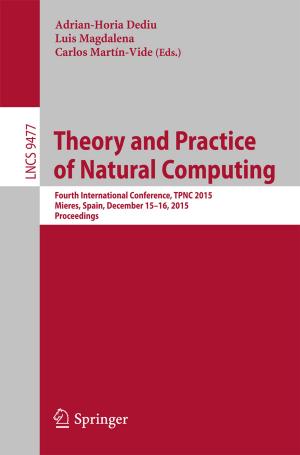Transparent Urban Development
Building Sustainability Amid Speculation in Phoenix
Nonfiction, Art & Architecture, Architecture, Planning, Social & Cultural Studies, Social Science, Sociology, Urban| Author: | Benjamin W. Stanley | ISBN: | 9783319589107 |
| Publisher: | Springer International Publishing | Publication: | July 19, 2017 |
| Imprint: | Palgrave Macmillan | Language: | English |
| Author: | Benjamin W. Stanley |
| ISBN: | 9783319589107 |
| Publisher: | Springer International Publishing |
| Publication: | July 19, 2017 |
| Imprint: | Palgrave Macmillan |
| Language: | English |
This book studies both the tangible benefits and substantial barriers to sustainable development in the city of Phoenix, Arizona. Utilizing mixed research methods to probe downtown Phoenix’s political economy of development, this study illustrates how non-local property ownership and land speculation negatively impacted a concerted public-private effort to encourage infill construction on vacant land. The book elaborates urban sustainability not only as a set of ecological and design prescriptions, but as a field needing increased engagement with the growth-based impetus, structural economic forces, and political details behind American urban land policy. Demonstrating how land use policies evolved in relation to Phoenix’s historical dependence on outside investment, and are now interwoven across jurisdictional scales, the book concludes by identifying policy intervention points to increase the sustainability of Phoenix’s development trajectory.
This book studies both the tangible benefits and substantial barriers to sustainable development in the city of Phoenix, Arizona. Utilizing mixed research methods to probe downtown Phoenix’s political economy of development, this study illustrates how non-local property ownership and land speculation negatively impacted a concerted public-private effort to encourage infill construction on vacant land. The book elaborates urban sustainability not only as a set of ecological and design prescriptions, but as a field needing increased engagement with the growth-based impetus, structural economic forces, and political details behind American urban land policy. Demonstrating how land use policies evolved in relation to Phoenix’s historical dependence on outside investment, and are now interwoven across jurisdictional scales, the book concludes by identifying policy intervention points to increase the sustainability of Phoenix’s development trajectory.















